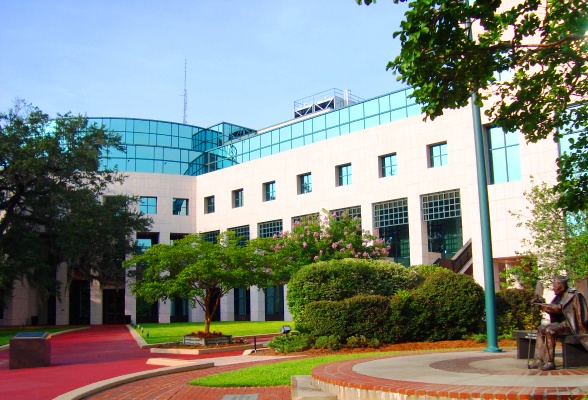
The Wikimedia Foundation wins Florida defamation case; intermediary protections effectively protect Wikipedia article
On September 15th, in a victory for the Wikimedia movement and for all user-driven projects online, a Florida judge dismissed claims of defamation, invasion of privacy, and infliction of emotional distress against the Wikimedia Foundation. The judge found that Section 230 of the Communications Decency Act immunizes the Wikimedia Foundation from liability for third-party content republished on Wikipedia. In other words, Section 230 helps Wikimedia safely host the work of Wikipedia’s contributors and enables the effective volunteer-led moderation of content on the projects.
The case began when plaintiff Nathaniel White sued the Wikimedia Foundation in January 2021, claiming that the Foundation was liable for the publication of photos that incorrectly identified him as a New York serial killer of the same name. Because of its open nature, sometimes inaccurate information is uploaded to Wikipedia and its companion projects, but the many members of our volunteer community are very effective at identifying and removing these inaccuracies when they do occur. Notably, this lawsuit was filed months after Wikipedia editors proactively corrected the error at issue in September 2020. Wikimedia moved to dismiss the amended complaint in June, arguing that plaintiff’s claims were barred by Section 230.
In its order granting the Wikimedia Foundation’s motion to dismiss, the court affirmed that “interactive computer service providers” such as the Foundation generally cannot be held liable for third-party content like Wikipedia articles and photographs. The ruling also pointed out that the plaintiff’s amended complaint attempted to “hold Wikimedia liable for its exercise of a publisher’s traditional function.” In other words, the plaintiff argued that the Foundation should be treated like a traditional offline publisher and held responsible as though it were vetting all posts made to the sites it hosts, despite the fact that it does not write or curate any of the content found on the projects. The court rejected this argument because it directly conflicts with Section 230, which clearly states that when third-party content is involved (as was the case here), the online host is not liable for it.
This outcome perfectly demonstrates how critical Section 230 remains to crowdsourced projects and communities. Wikipedia and other Wikimedia projects are collaboratively created, maintained, and curated by volunteer contributors and editors around the world. If the Wikimedia Foundation could be held liable every time that a user contributed something inaccurate or upsetting, the Wikimedia projects likely would not have experienced the growth they have over the past 20 years, and would require significantly more resources to support. Our ability to maintain and grow the world’s largest repository of free knowledge depends on robust legal immunity.
It is important to note that Section 230’s broad protection of Wikimedia projects and other online services does not leave litigants like Mr. White without options. Instead, the law simply requires that litigants direct their complaints at the individuals who made the statements at issue, rather than the forums where the statements were made. This both allows litigants to challenge the appropriate parties responsible for their harm and protects online hosting companies like the Wikimedia Foundation from the costs associated with liability for user-generated content.
By granting the Wikimedia Foundation’s motion to dismiss, the Circuit Court of the Second Judicial Circuit in and for Leon County, Florida, has joined courts across the country in accurately applying Section 230’s protections and empowering interactive online communities. The Wikimedia Foundation applauds this ruling and remains committed to protecting global exchange of knowledge and freedom of expression across the internet.
By Jacob Rogers, Legal Director, and Ally Boutelle, Legal Fellow, The Wikimedia Foundation
Special thanks to Roselvin Edelman, initially with Harper Meyer Perez Hagen Albert Dribin & DeLuca LLP and later Buchanan Ingersoll & Rooney PC, for her excellent representation in this case.

Can you help us translate this article?
In order for this article to reach as many people as possible we would like your help. Can you translate this article to get the message out?
Start translation